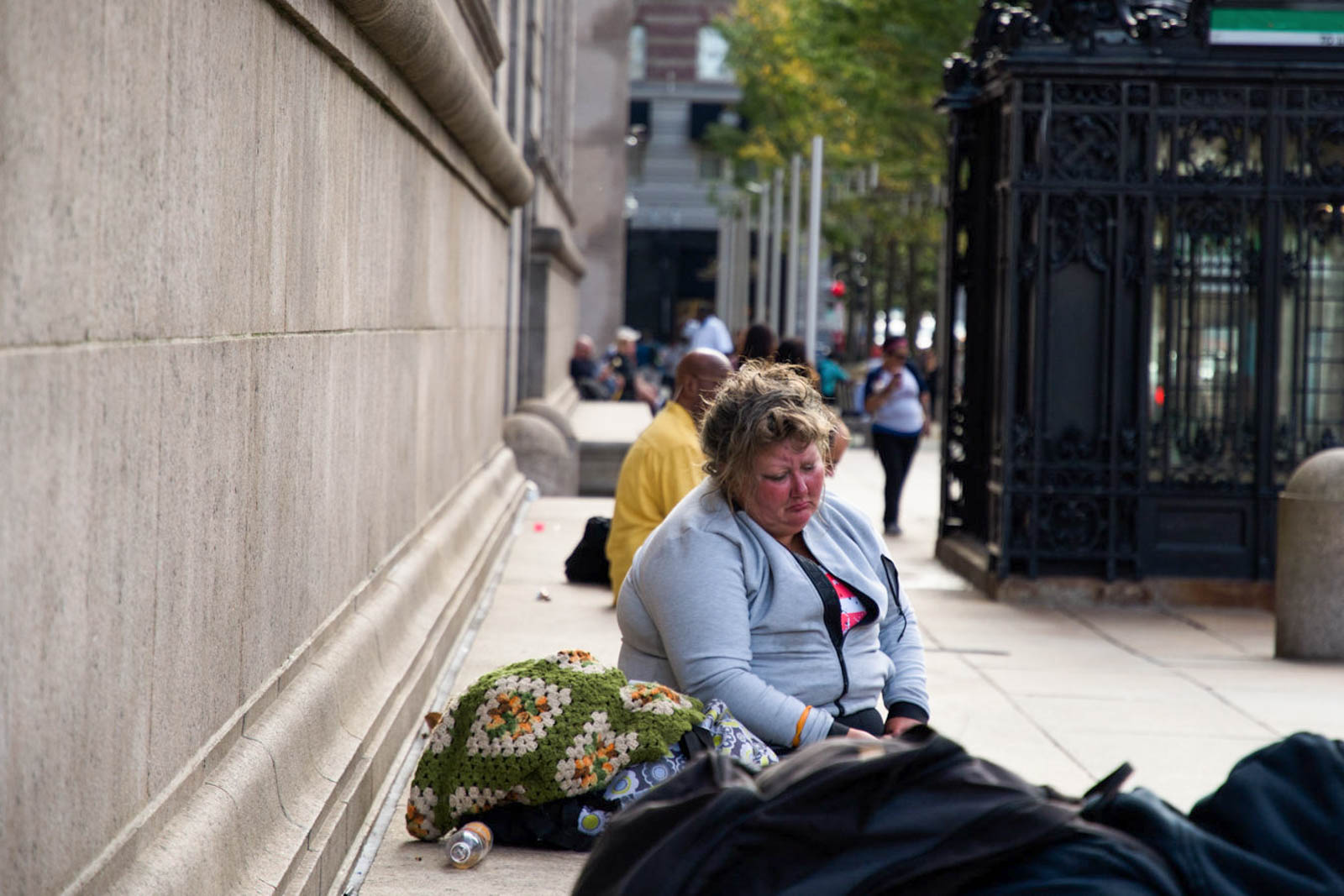
Boston Mayor Martin Walsh and members of the Boston Youth Action Board, a coalition of children who were previously affected by homelessness or housing instability, partnered to unveil a planning process Friday with the goal of counteracting and terminating youth homelessness in the city.
The initiative will make investments in housing and facilities, gather information on young adult homelessness, identify the needs of these people and address breaches in the City’s emergency assistance system.
The plan aligns with “Boston’s Way Home,” a 2015 social program, the mission of which is to end chronic homelessness in the city. City officials should have the first draft of the all-inclusive plan after the four-month process.
Annissa Essaibi George, a Boston city councilor at-large, wrote in an email that there are a number of reasons there are so many young people that are homeless in the city, including them not having a home or their home life not being safe.
“Youth and young adults become homeless for a variety of reasons including addiction, mental health problems, and abuse,” Essaibi George wrote. “We are working to create better coordination between all shelters and services to identify young people who need help.”
Essaibi George wrote that even though Boston has a number of services available, City officials need to fill certain gaps.
“We don’t know enough about youth and young adults entering homelessness from systems like child welfare, justice, and behavioral health,” Essaibi George wrote.
Regardless, Essaibi George wrote that people are often “shocked” when they hear the statistics about Boston’s homeless population.
Around 50 percent of youth and young adults experiencing homelessness are black, 30-35 percent are Latino, 20-30 percent of young homeless women are pregnant and 25-29 percent of youth and young adults experiencing homelessness identify as LGBTQ, according to Essaibi George. There’s at least 360 unaccompanied youth experiencing homelessness in Boston every night, she wrote.
In February, the City of Boston employed a group of advisors, led by Matthew Aronson, to create an action plan meant support the youth and young adults who are experiencing homelessness. Aronson and his team announced the plan in Roxbury Friday in front of more that 150 people, according to the press release.
The plan will be implemented by different stakeholders from groups across the city including law enforcement, healthcare providers, educators and school programs.
Kelly Turley, associate director of the Massachusetts Coalition for the Homeless — a contributing member to the plan — wrote in an email that for real change to occur, adjustments need to start from the top.
“There are a number of youth-serving agencies in Boston that are doing important work in helping young people find housing, safety, and permanent connections, but these programs are not to scale,” Turley wrote. “Through the planning and implementation process, the City should expand upon those program models, fill in the gaps, and ensure that the particular needs and experiences of youth of color, LGBTQ youth, and youth under 18 are addressed.”
The Rev. June Cooper, executive director of City Mission Boston, an organization focused on homelessness prevention, said the plan that City officials will create will be a crucial stride to combating youth homelessness.
“Certainly, this is a step in the right direction,” Cooper said. “I think the process to begin to unravel all of the needs and the reasons why this is happening is important … it’s a serious problem.”
Cooper said it’s vital the plan be drafted with input from the youth and young adults who have been affected by homelessness.
“Who better knows about it than kids who’ve had to sleep on the street or surf on somebody’s couch for months or sleep down in the subway?” she asked. “We’ve had many young people sleeping in places that are totally unfit for human habitation.”






















































































































